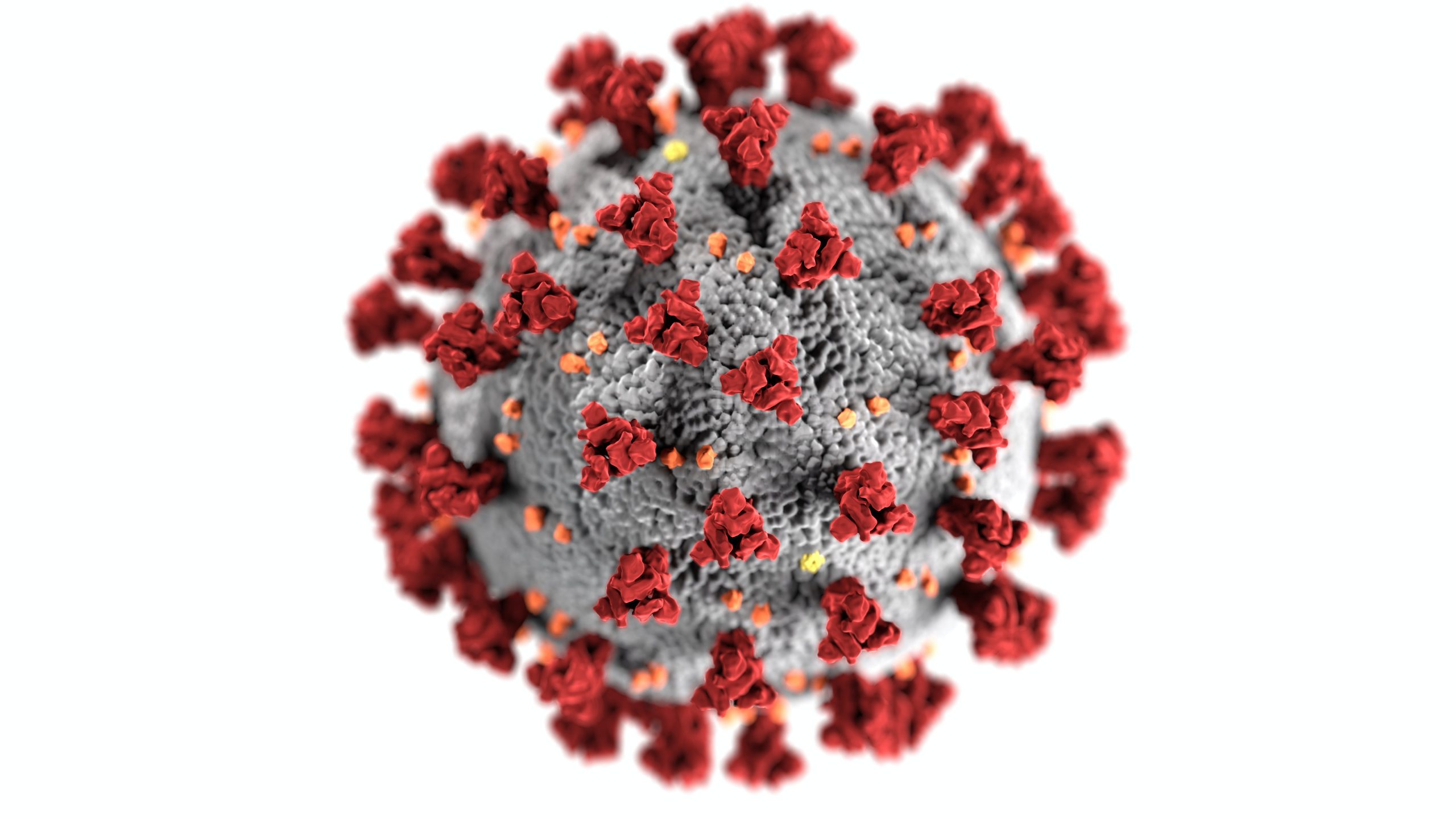Sometimes, it can feel as though misinformation about the COVID-19 virus has spread even quicker than the virus itself. According to research conducte
Sometimes, it can feel as though misinformation about the COVID-19 virus has spread even quicker than the virus itself. According to research conducted by IPPR, 48% of British adults have been exposed to “fake news” online about coronavirus – and many conspiracy theories concern how people who have been infected with COVID-19 can recover.
Here are five particular theories that have been widely promoted about the coronavirus recovery process but have since been debunked by medical experts…
COVID-19 is worse than the flu
As the pandemic first emerged, US President Donald Trump insisted that COVID-19 is no riskier than seasonal influenza. However, the Washington Post later revealed that, secretly, Trump knew that the condition was actually more dangerous than the flu but sought to play down that danger.
Furthermore, as Scientific American points out, whereas many people are partially immune to the flu due to vaccination or prior infection, most people in the world currently lack similar immunity to COVID-19.
Vitamins and mineral supplements can’t banish COVID-19
Various vitamins and nutrients, including vitamins C and D and zinc, have been credited with helping to boost immunity. However, it does not necessarily follow that consuming any of these can help you to recover from COVID-19, as there is currently no reliably-informed guidance on this approach to treating COVID-19.
Nonetheless, the World Health Organisation (WHO) says it is coordinating efforts to develop and assess medicines that would be used to treat the disease.
Hydroxychloroquine is no miracle cure for COVID-19
Trump is again to blame for propagating a COVID myth – this one being that the malaria drug hydroxychloroquine could be used to effectively treat COVID-19. Trump even went as far as tweeting that the drug is “one of the biggest game-changers in the history of medicine”.
However, the Food and Drug Administration has warned that using the drug risks causing heart problems, while several studies have demonstrated its ineffectiveness in protecting against COVID-19.
Antibiotics cannot be used to treat COVID-19
This is for one pretty simple reason: antibiotics are only useful against bacteria, not viruses. As COVID-19 results from a virus rather than bacteria, antibiotics shouldn’t be used to treat the disease.
It’s true that, if you are hospitalised with COVID-19, you might be given antibiotics. However, this treatment would be used in this case because of the possibility of bacterial co-infection, not to directly tackle COVID-19 itself.
Adding pepper to your food will not cure COVID-19
If only effectively tackling COVID-19 was that easy! In truth, if it was, the virus is certainly unlikely to have caused a pandemic. All the same, you would certainly be doing your general health good were you to keep up a balanced diet, stay well-hydrated, sleep well and follow a regular exercise regime.
What if, despite doing all of this, you have symptoms of COVID-19? You should look into booking a test. You could pay for a test if you aren’t eligible for a free one. For example, you could ask MyHealthChecked to send you a COVID-19 testing kit.



















































































































COMMENTS